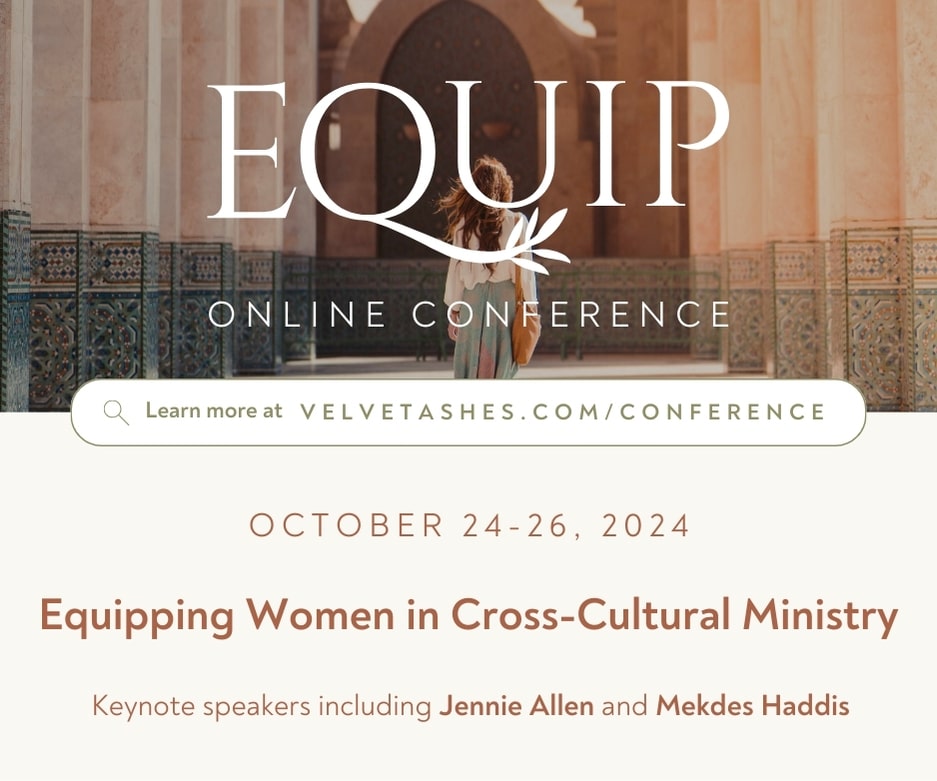EMQ » April–June 2022 » Volume 58 Issue 2
By Heather Pubols

Chapter 13 of John’s gospel starts with Jesus demonstrating love through a simple and humble act of care – washing his disciples’ feet. Later in that same chapter he tells them, “By this everyone will know that you are my disciples, if you love one another” (John 13:35). One another passages like this appear more than 50 times in the New Testament, and with each comes an exhortation for how followers of Jesus can care for one another.
This issue of EMQ focuses on member care. The Global Member Care Network (GMCN) defines member care as “the ongoing preparation, equipping and empowering of missionaries for effective and sustainable life, ministry and work.”[1] It involves missionaries, mission organizations, and churches who each participate in loving acts of one anothering.
In its earliest days in the mid to late twentieth century, member care heavily relied on Western mental health practices and models. But over time, it became more multidisciplinary adapting to a myriad of global contexts. It helped pioneer early efforts to integrate theology and psychology and championed innovative care approaches centered on spiritual and social support that did not require professional involvement. And this has paid off with increased wellness and resilience for missionaries.[2] And yet, more remains to be done.
We invited nearly 30 people from more than 10 nations to contribute to this issue. Their articles explore ways that member care continues to develop theologically and contextually for communities and individuals. They also look at ways member care continues to be expressed asymmetrically through professionals and mutually through supportive peers.
The first article traces the roots of member care through the whole Bible and points to Jesus as the source and model for care. The next articles look at the role of local churches in care from their partnership with missions organizations to ways they can demonstrate care not only with missionaries but also with every person in their congregations.
Then several articles investigate how nurturing organizational cultures of love, grace, inclusion, and honesty improve staff well-being. In here is a summary of the groundbreaking Resilient Global Worker Study which looks at current critical care needs for cross-cultural workers.
After that, a few contributors provide insights on the member care needs of missionaries from Africa, Asia, and Latin America. While several more look at practical care matters including hospitality, conflict and spiritual miscarriage. The final article explores the continuum of member care involvement from beginner to trainer.
Member care is demonstrating one anothering love. The apostle Paul reminds us in his first letter to the Corinthian church that without love, our words, insights, knowledge, faith, generosity, and endurance mean nothing (1 Corinthians 13:2–3). Love is the way of the cross. Serving the nations requires caring for one another. Without love, we proliferate the resounding gongs and clanging cymbals of which Paul speaks (1 Corinthians 13:1). Prioritizing care, then, keeps us from moving mountains on our own and preserves our partnership with God in his global mission.


Heather Pubols
Editorial Director
EMQ, Volume 58, Issue 2. Copyright © 2022 by Missio Nexus. All rights reserved. Not to be reproduced or copied in any form without written permission from Missio Nexus. Email: EMQ@MissioNexus.org.
[1]. “Definitions,” Global Member Care Network, accessed January 30, 2022, https://globalmembercare.com/definitions/.
[2]. Pamela S. Davis and Mandy Kellums-Baraka, “What Mental Health Professionals Can Learn from Missionary Member Care: Ways of Thinking, Doing, and Being,” Journal of Psychology and Christianity 40, no. 1 (2021): 29–39.






Responses